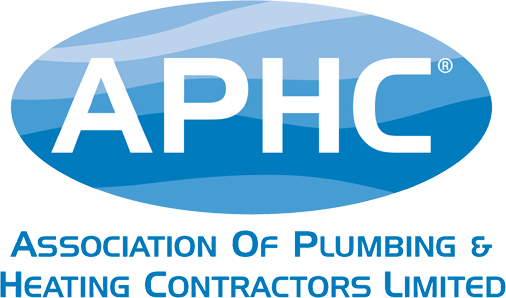With climate change becoming more apparent every day, going green is at the top of the agenda for many businesses and individuals. It’s widely acknowledged that the strategic and efficient use of energy is essential in lowering carbon emissions in the UK, particularly if we are to reach the government’s 2050 net-zero carbon target.
Green power has taken centre stage in the last few years as homeowners and businesses alike look to reduce energy bills and generate carbon-free electricity and heat, with a focus on two key areas:
- Reduce annual energy bills by utilising a natural energy
- Cut carbon emissions with environmentally friendly technology
Following the recent publication of The Energy white paper, it’s clear that heat pumps are the main focus for the government in meeting net-zero targets. While these are an effective solution, they aren’t the only option out there.
So what can we do on a small scale?
There are plenty of ways that businesses can convince homeowners to reduce their impact on the environment. For instance:
- Smart Meters – installing a smart meter can help consumers to be more aware of the energy they are using, hopefully resulting in them using less overall.
- Heating controls – room thermostats, Thermostatic Radiator Valves (TRVs), smart heating controls – If used properly, these controls could reduce carbon emissions and help customers save money on their heating bills.
- High-performance appliances – modern, condensing boilers, for example, are so much more efficient than older models. Many new boilers come with their own controls, such as weather compensation, and are compatible with renewable technologies to further reduce environmental impact.
Ultimately, for homeowners, making energy efficient changes saves money in the long run, reduces environmental impact and can even make a property more appealing to future buyers.



